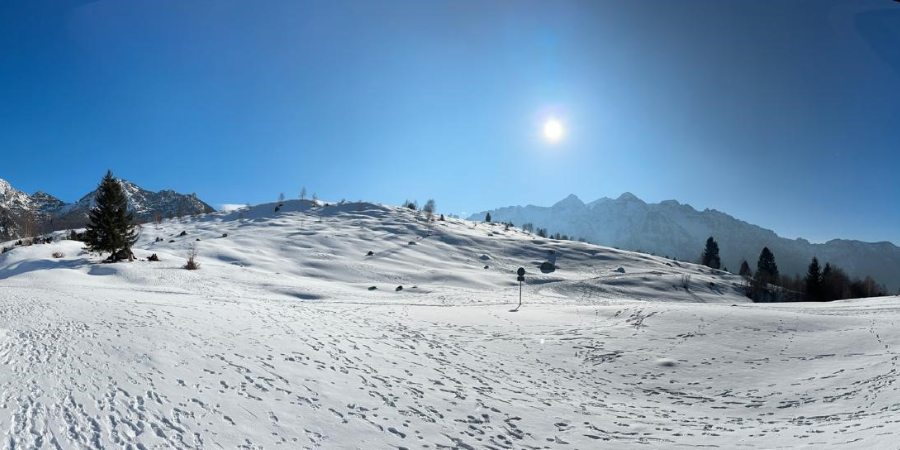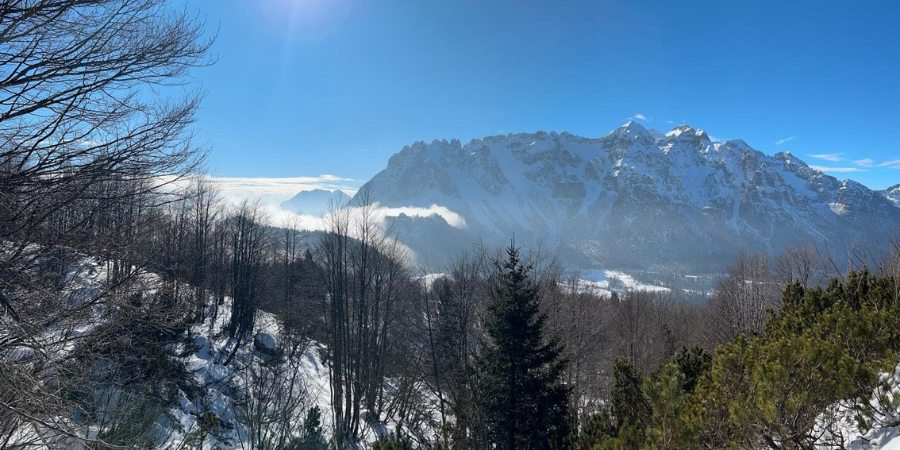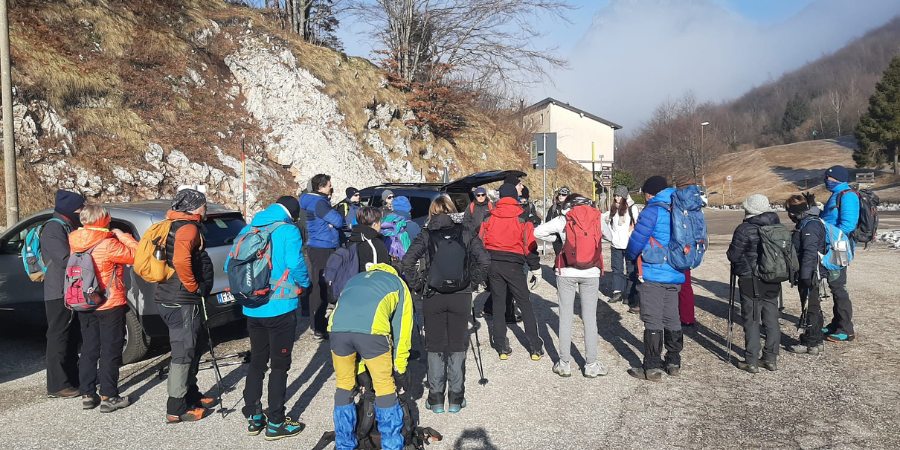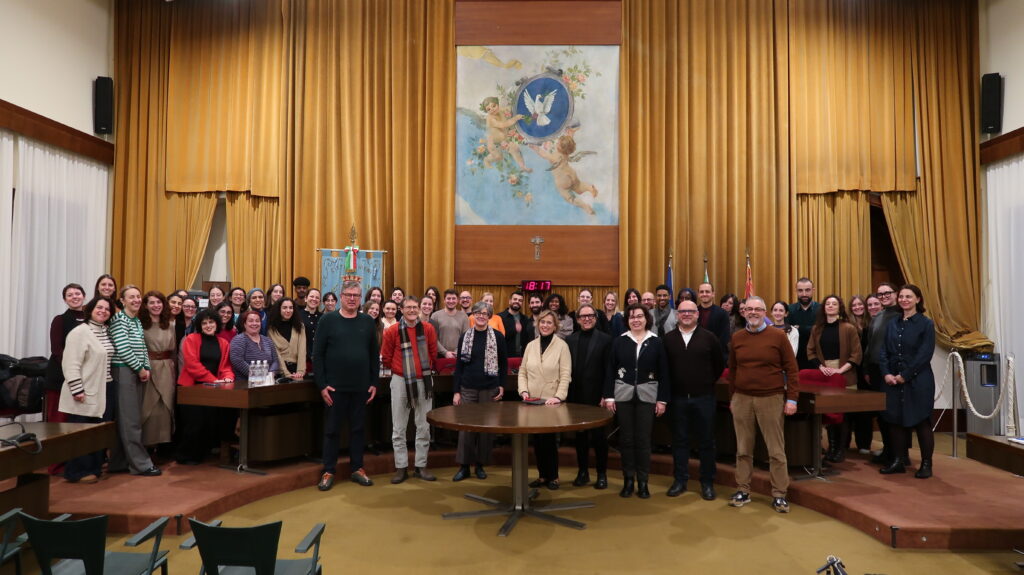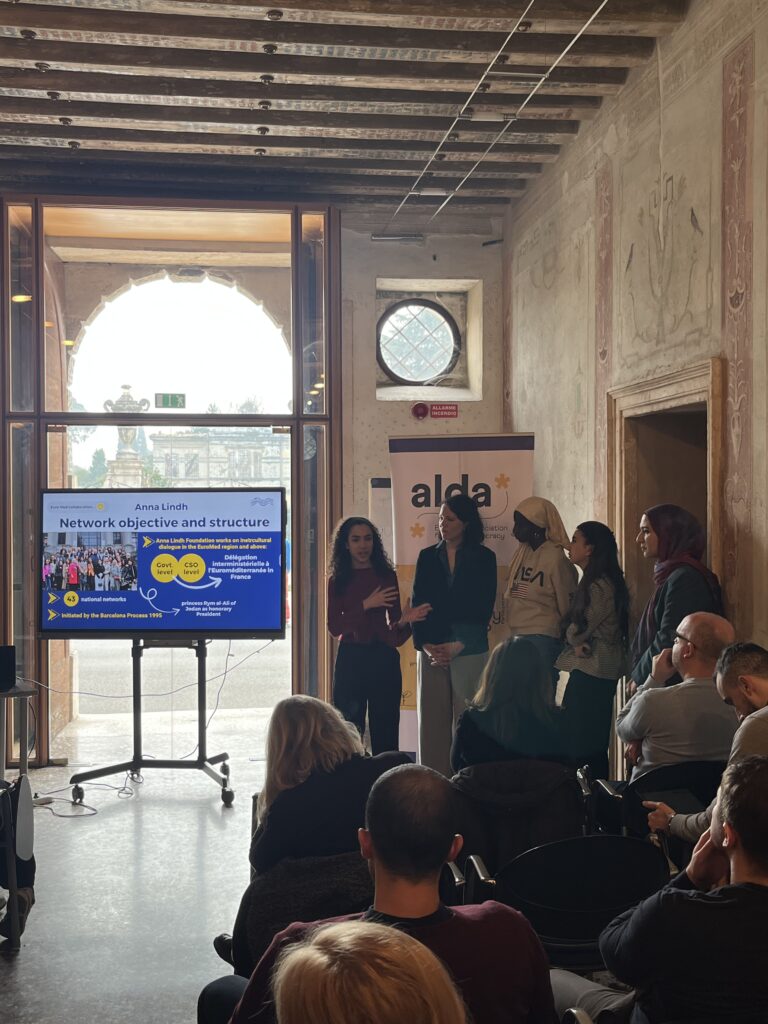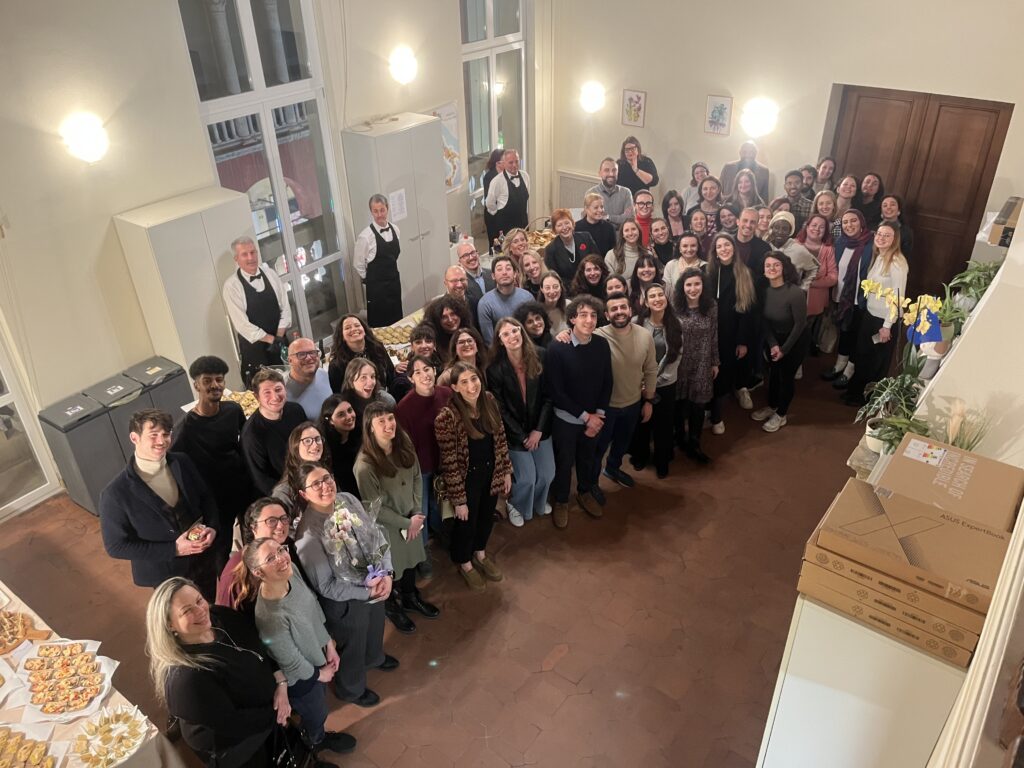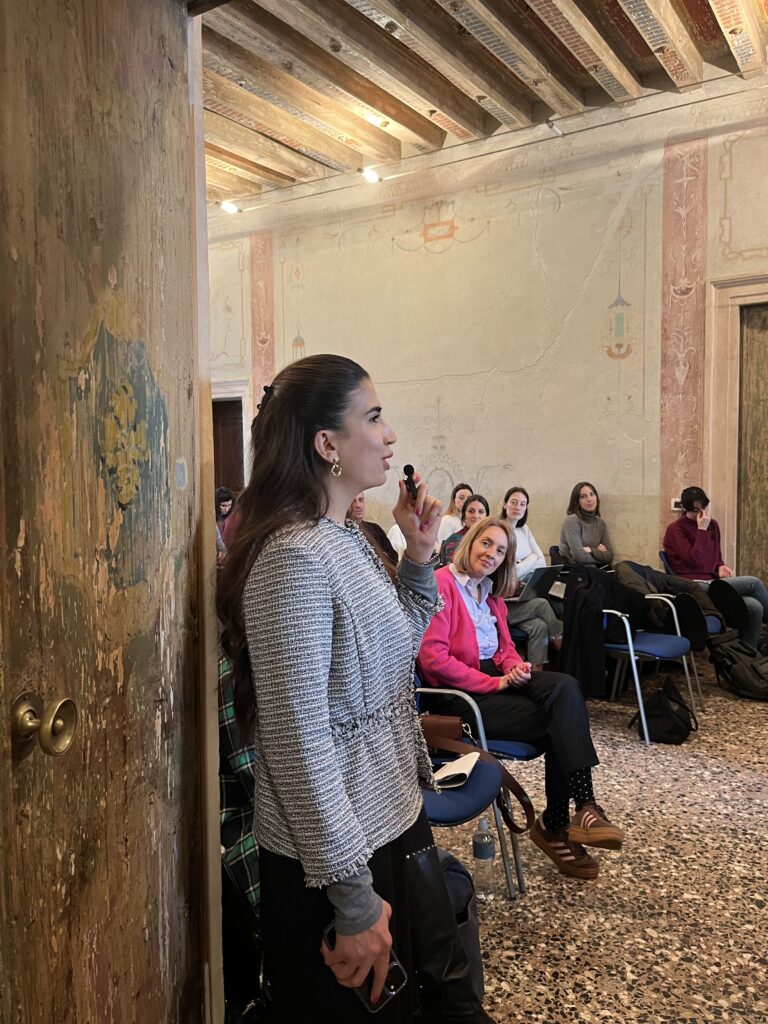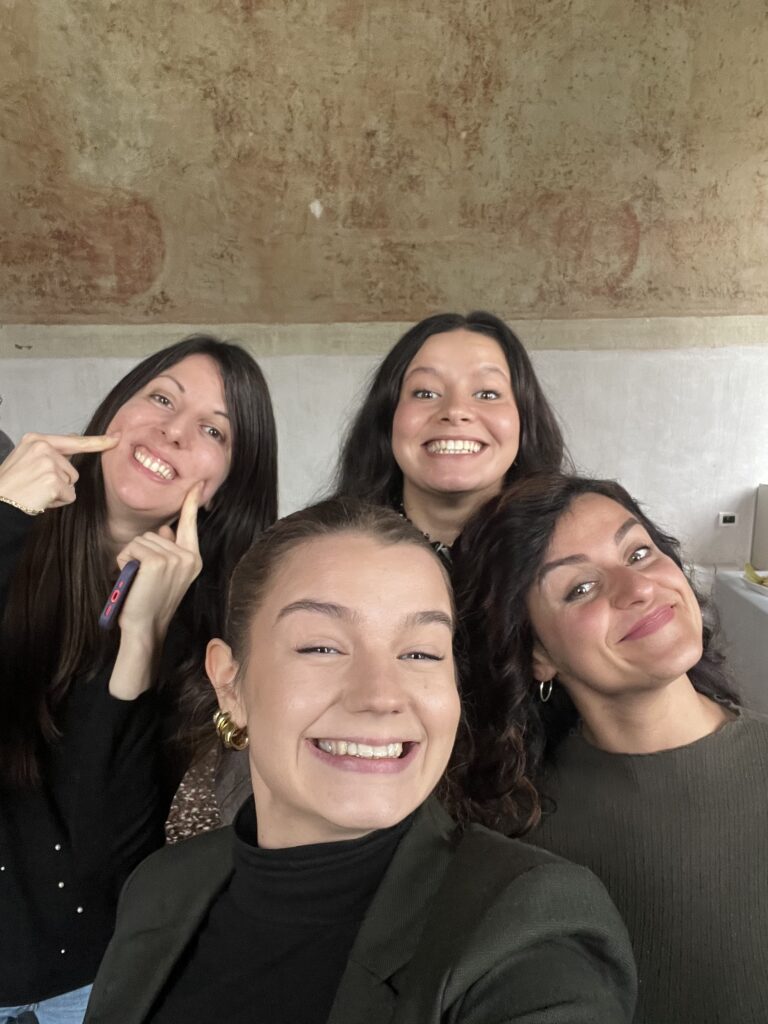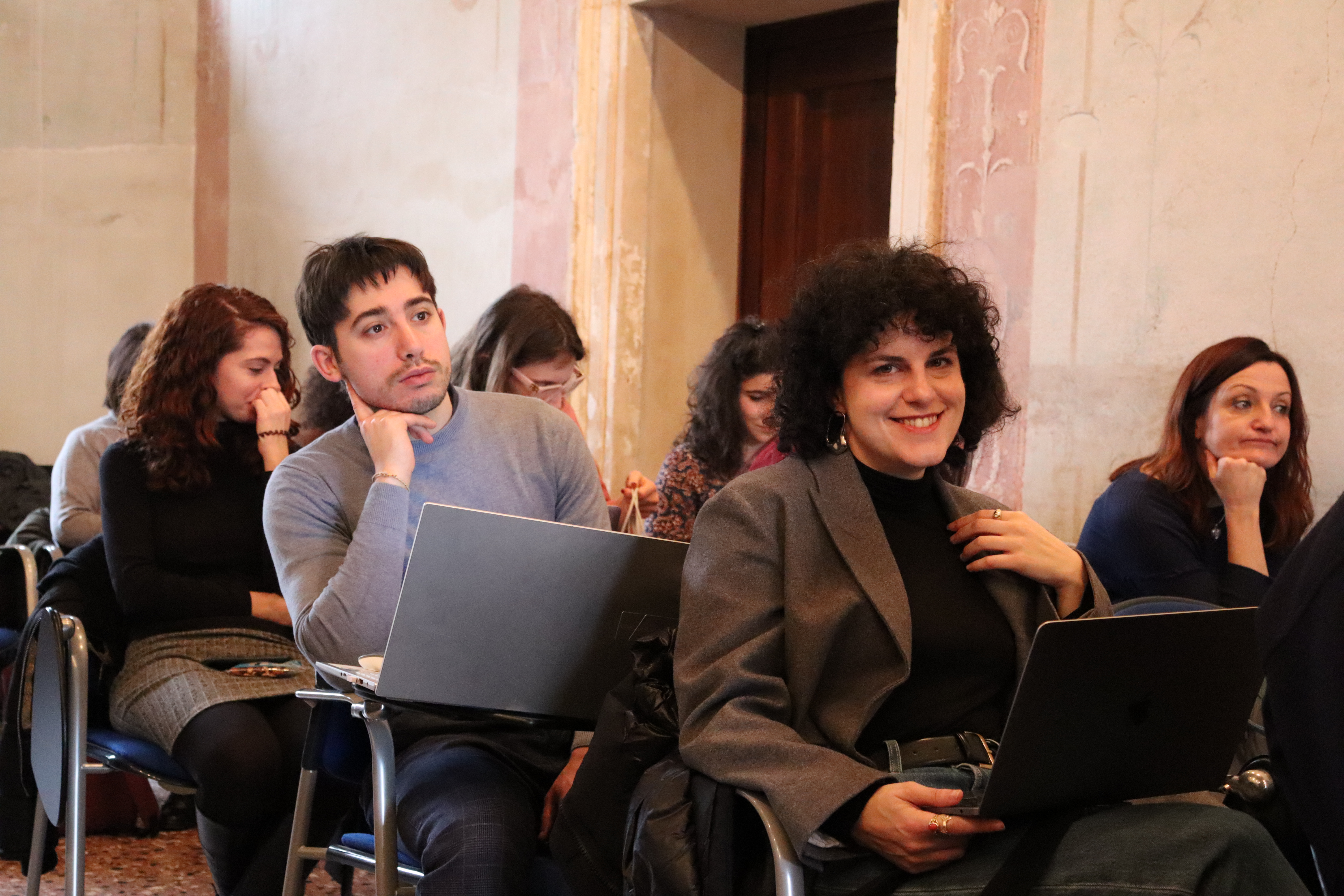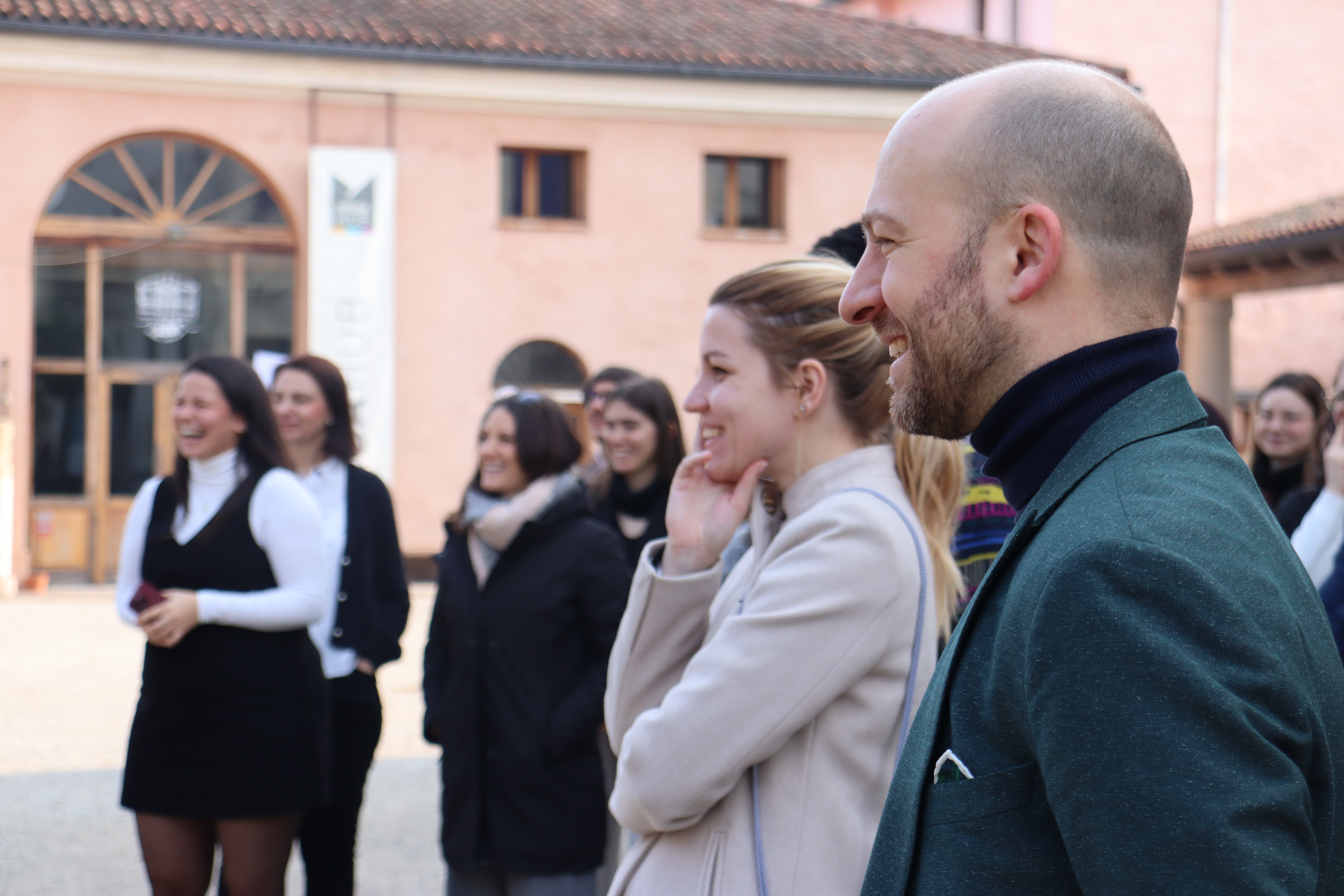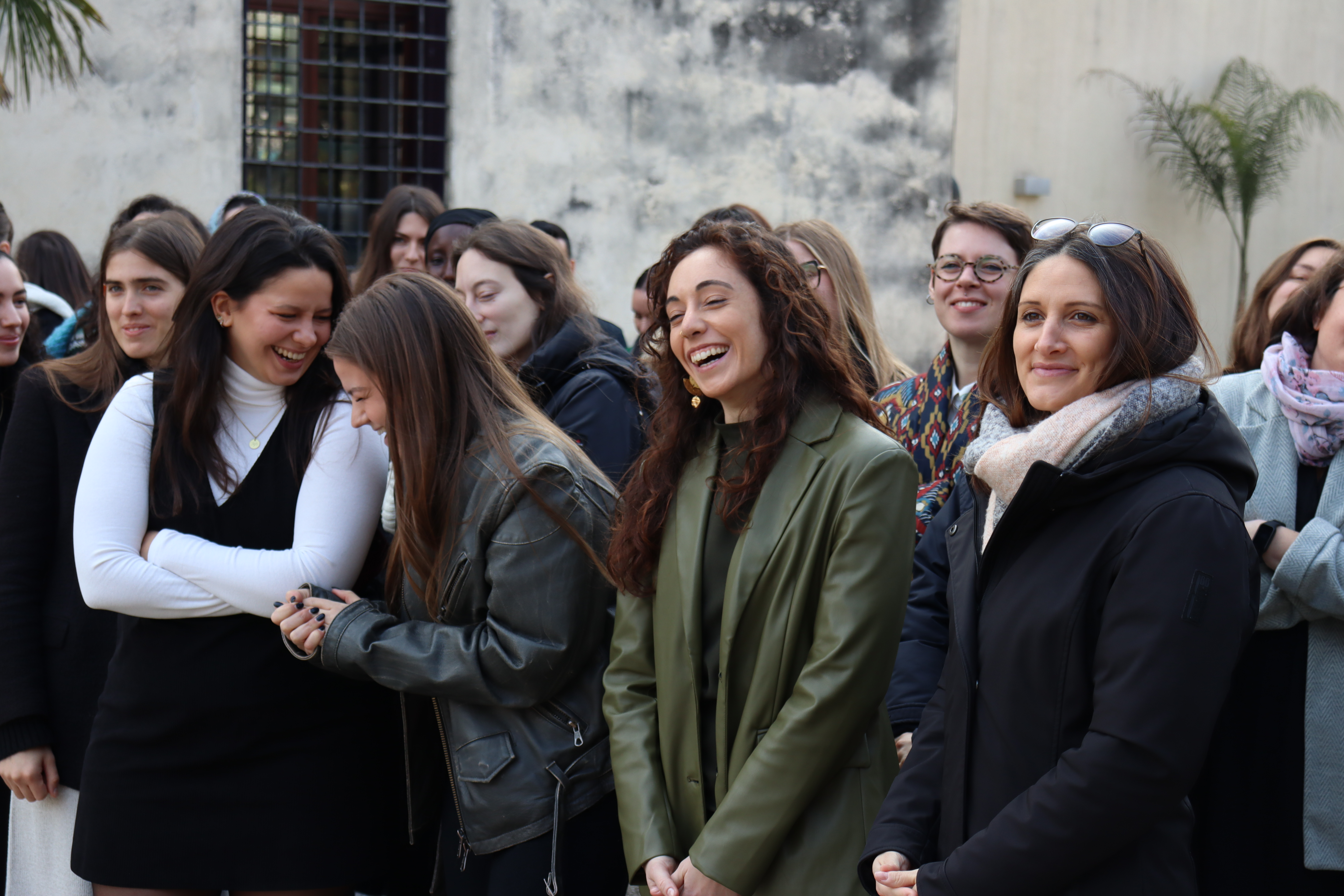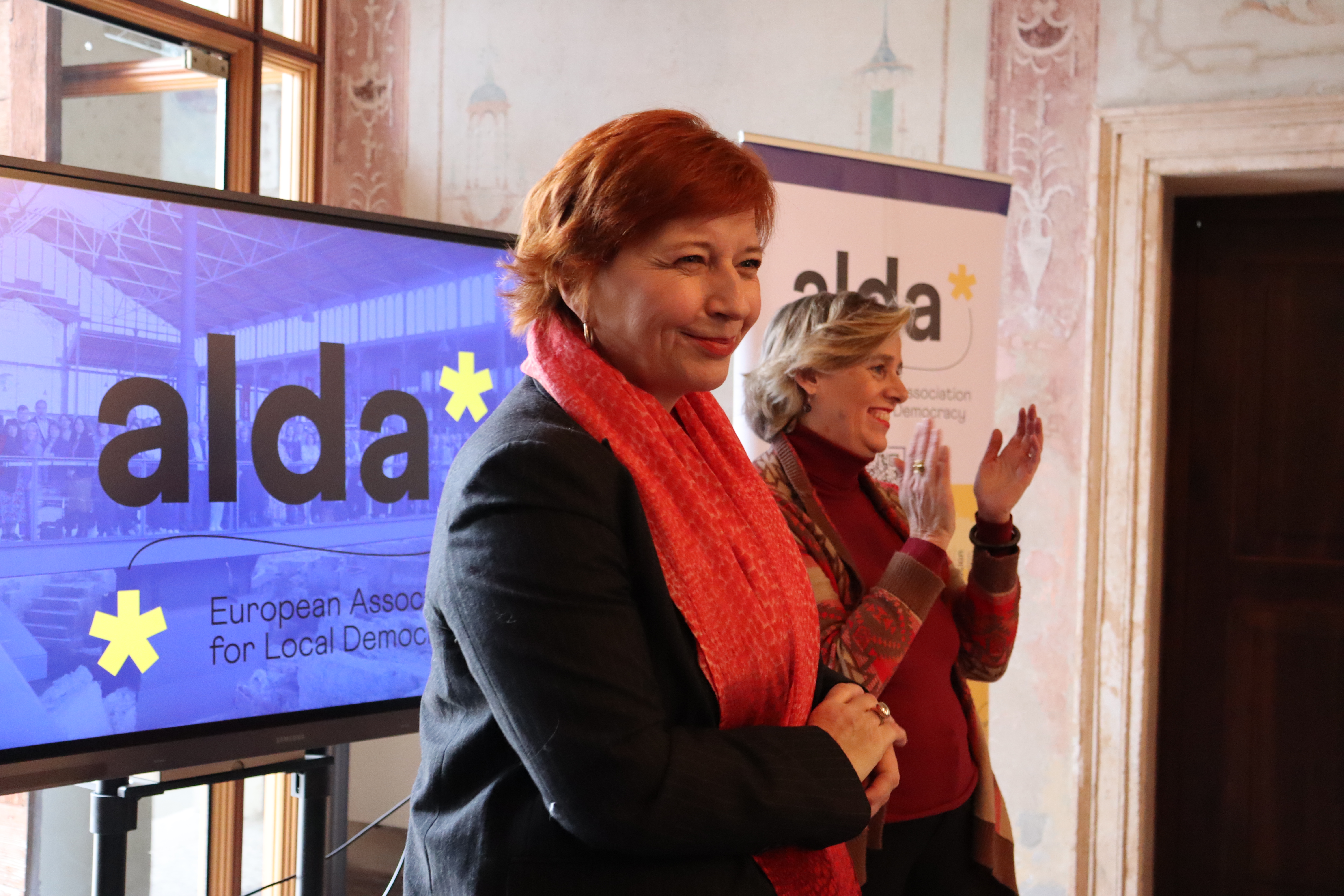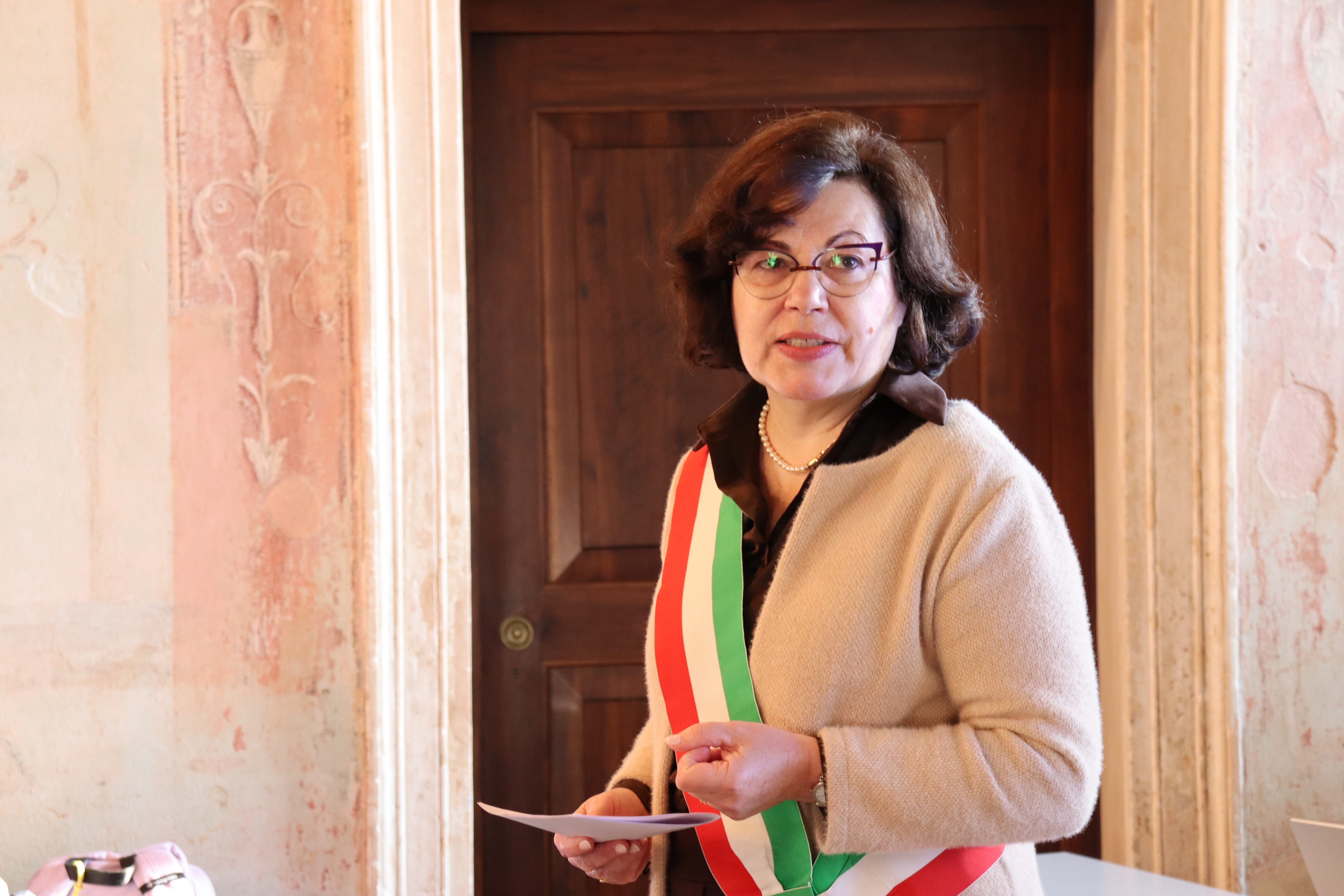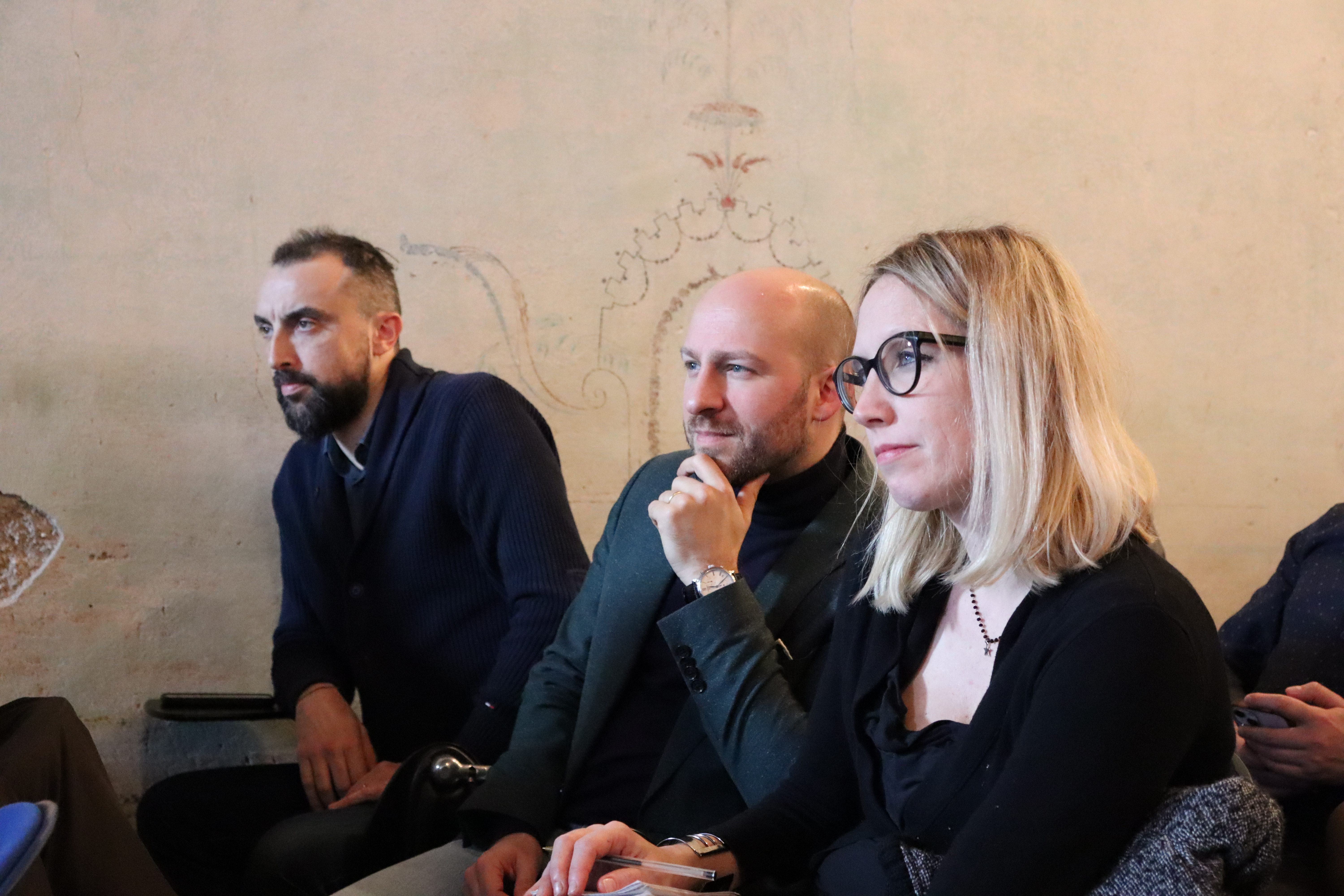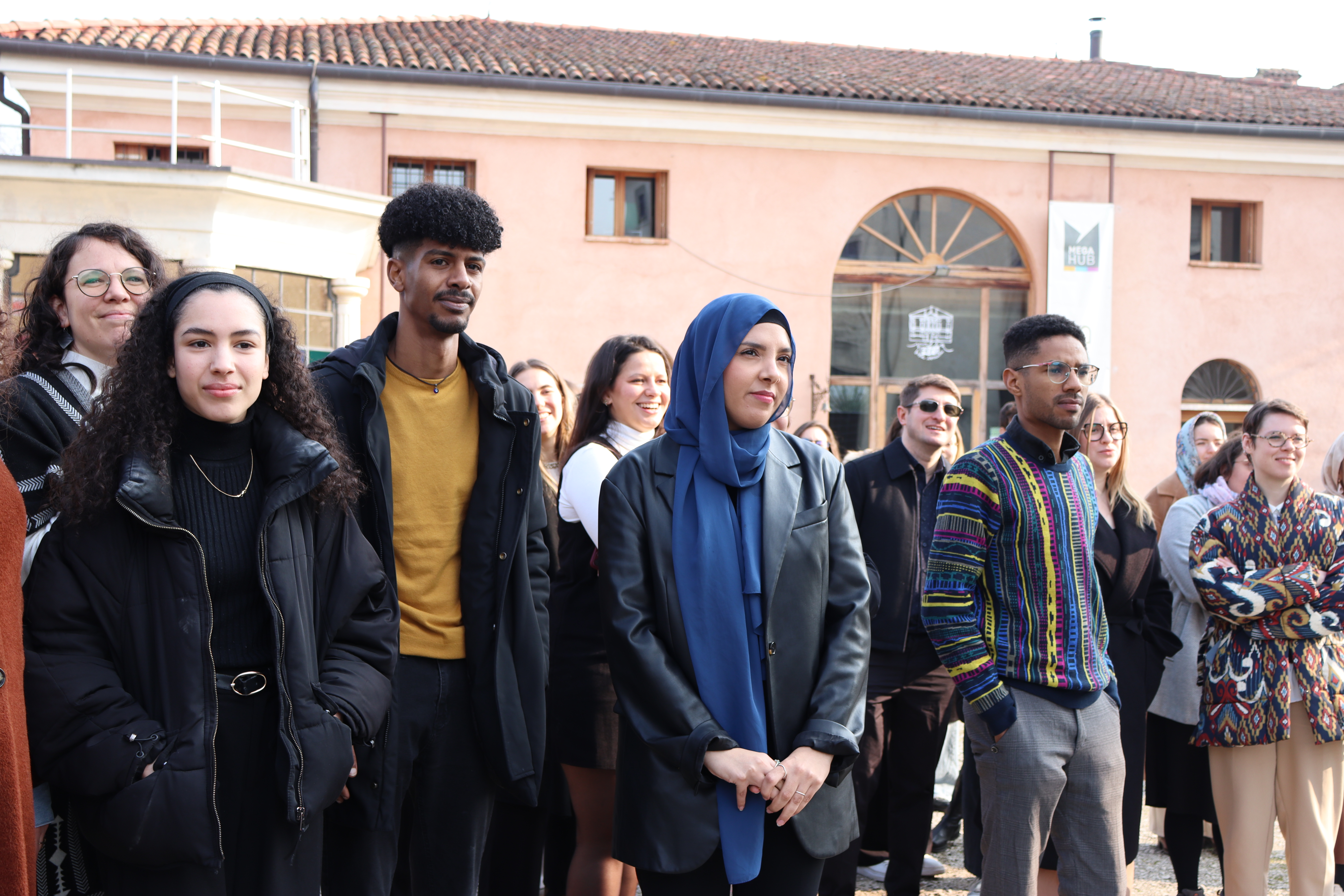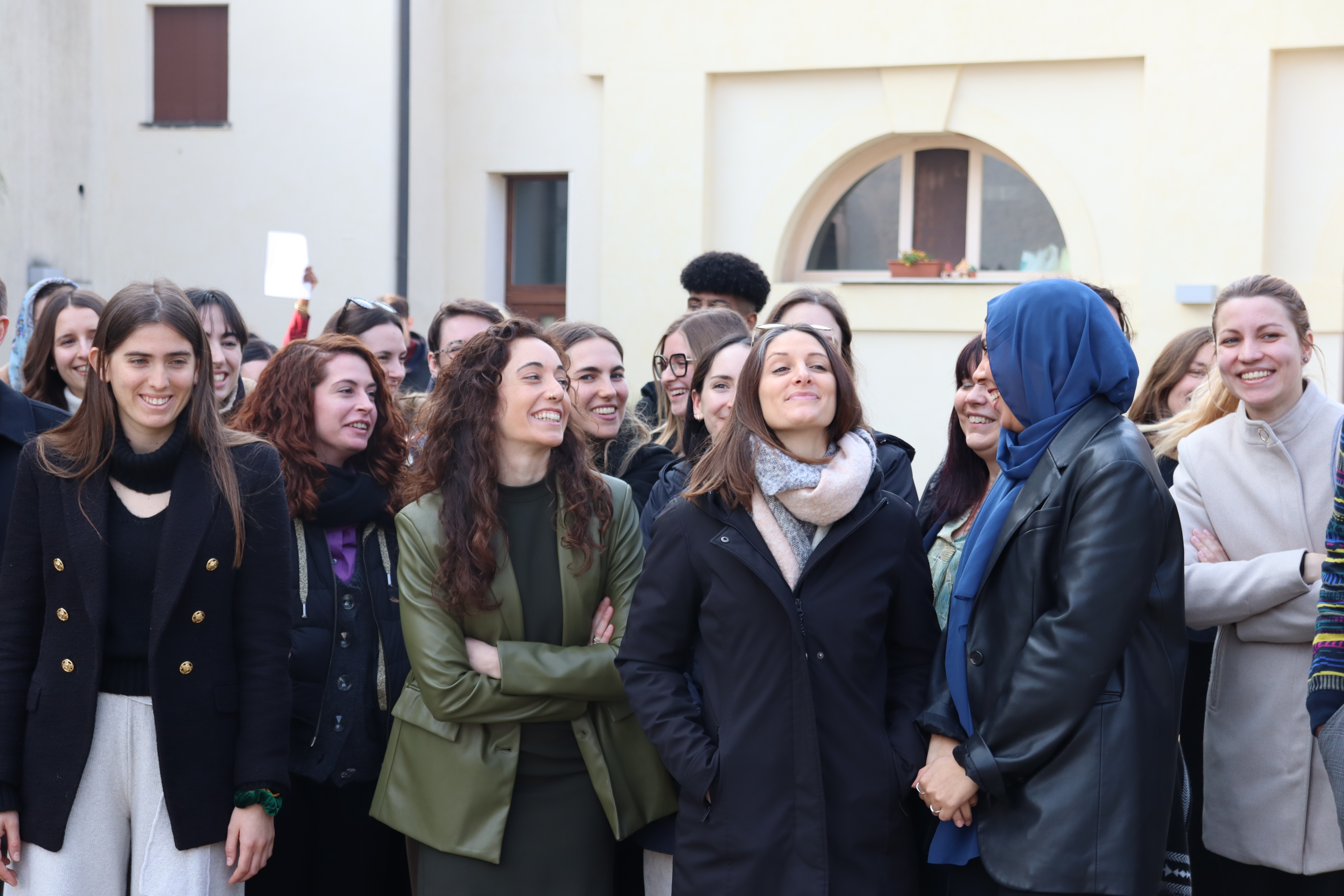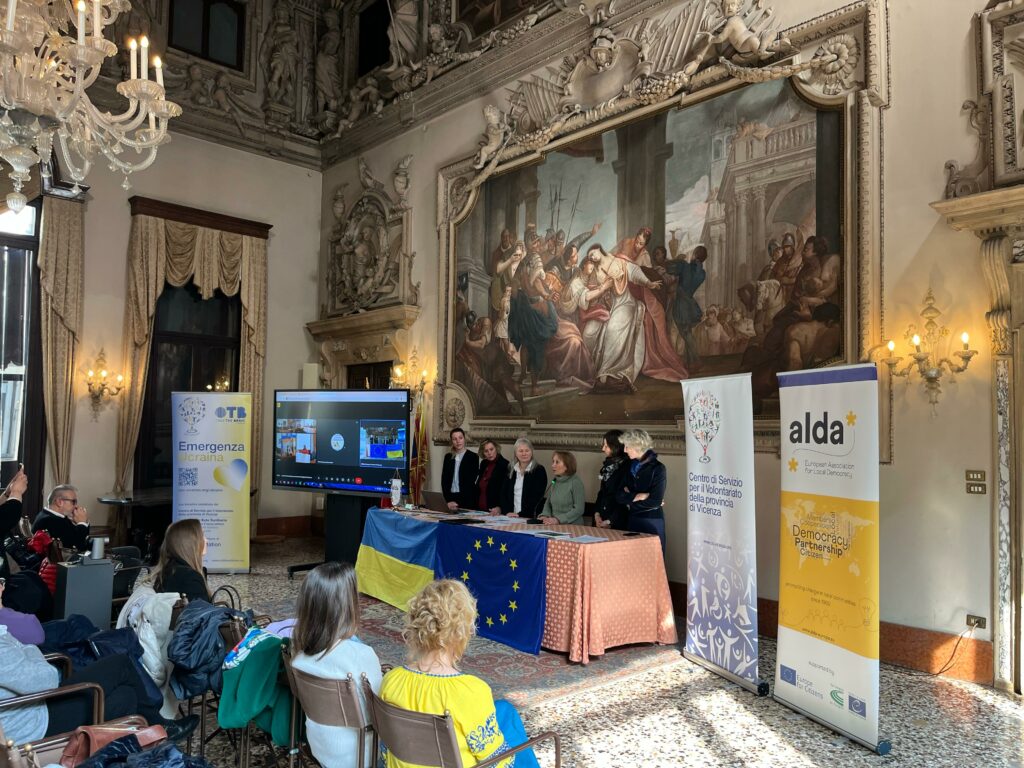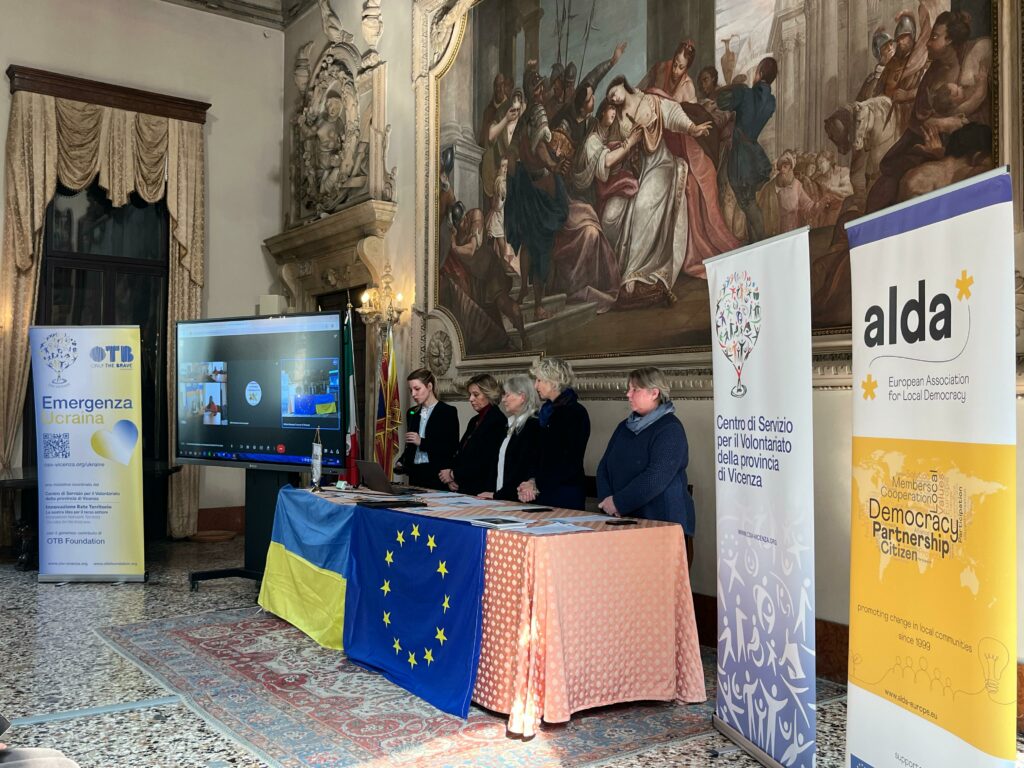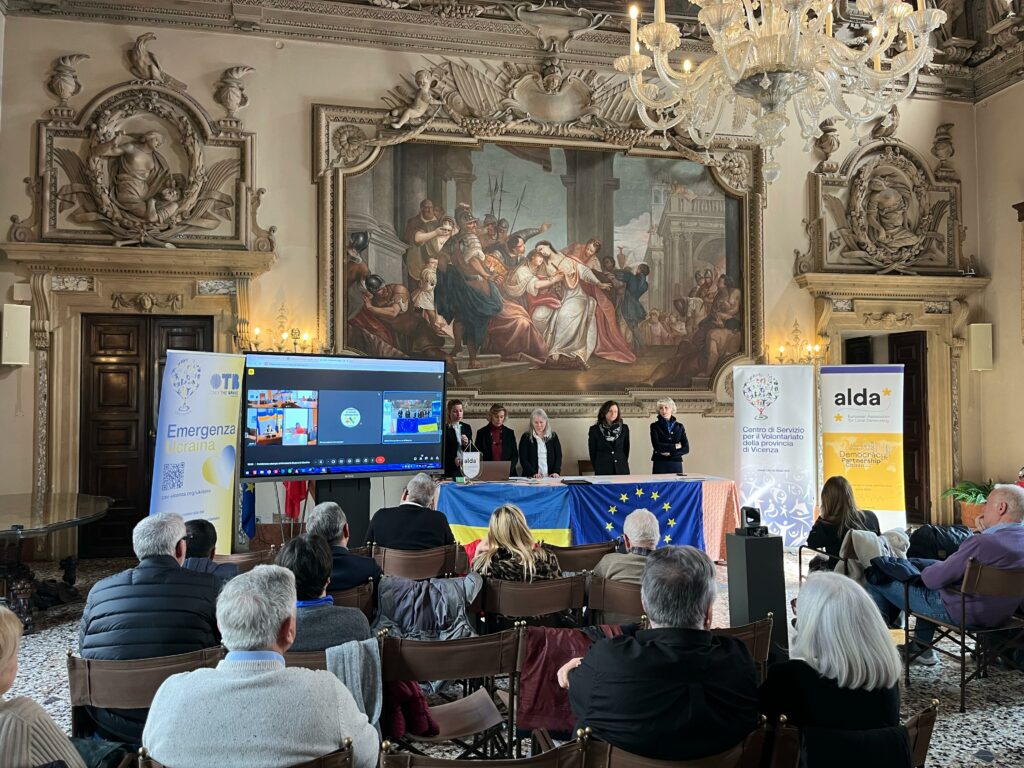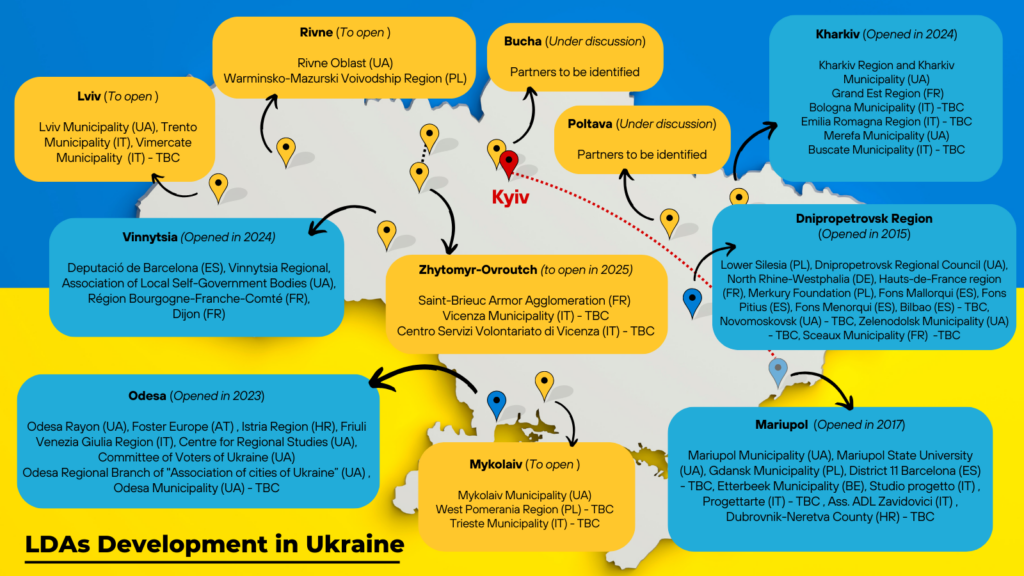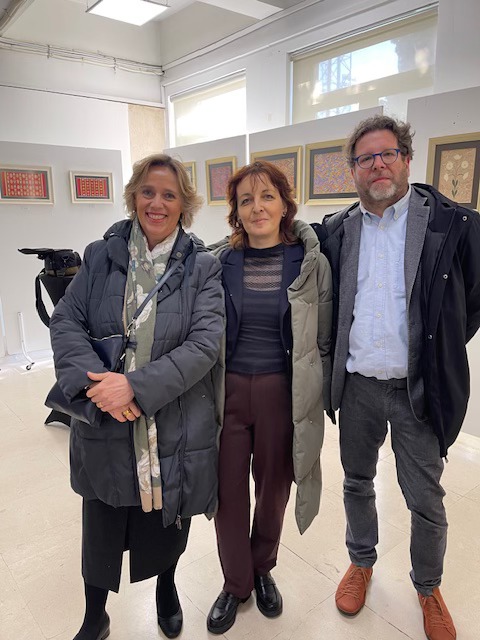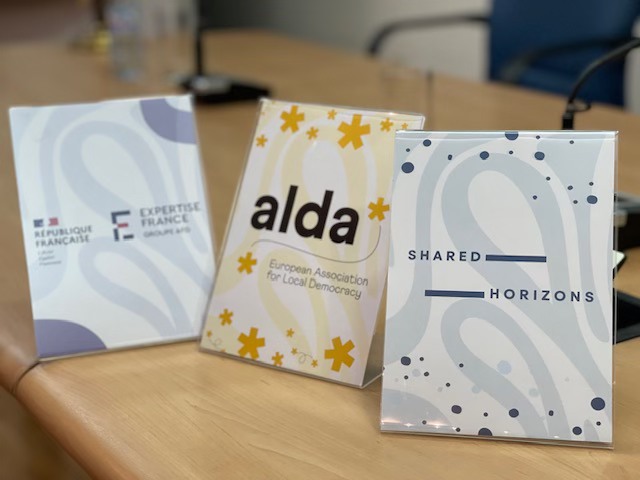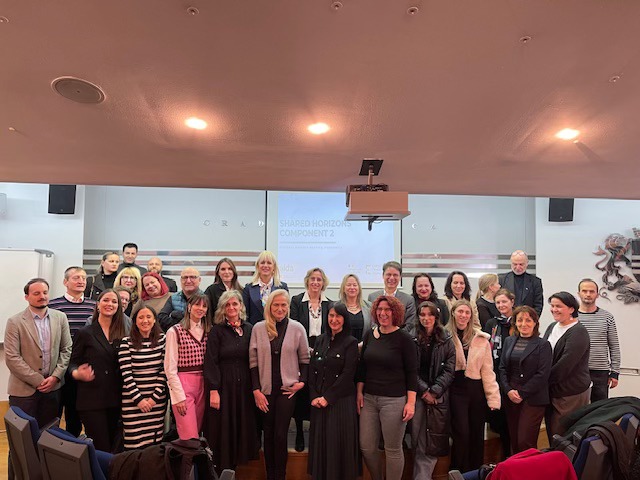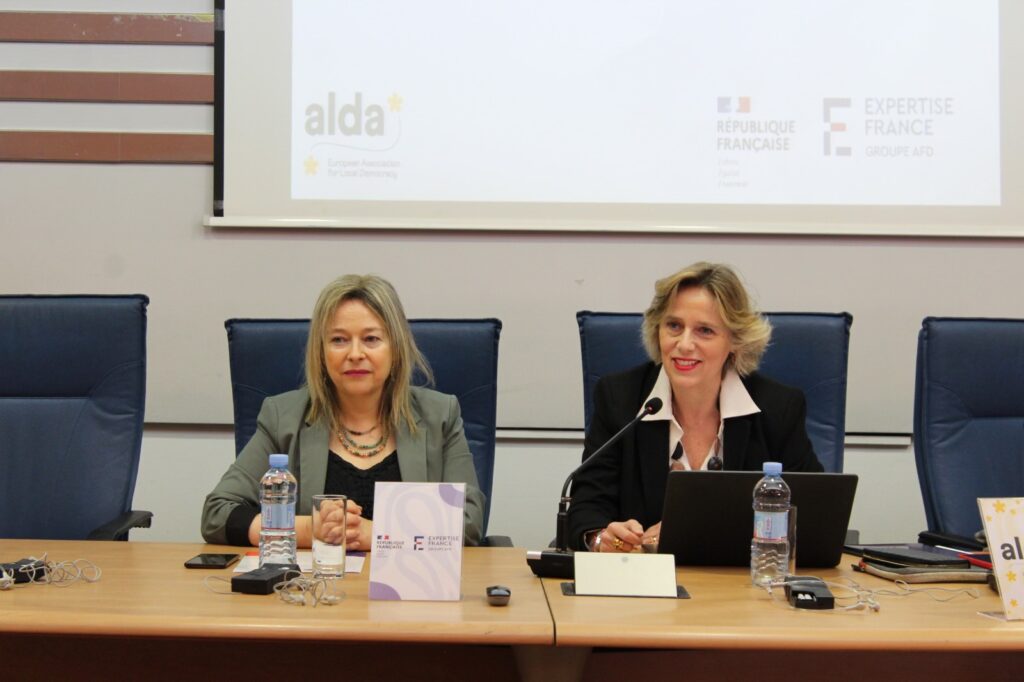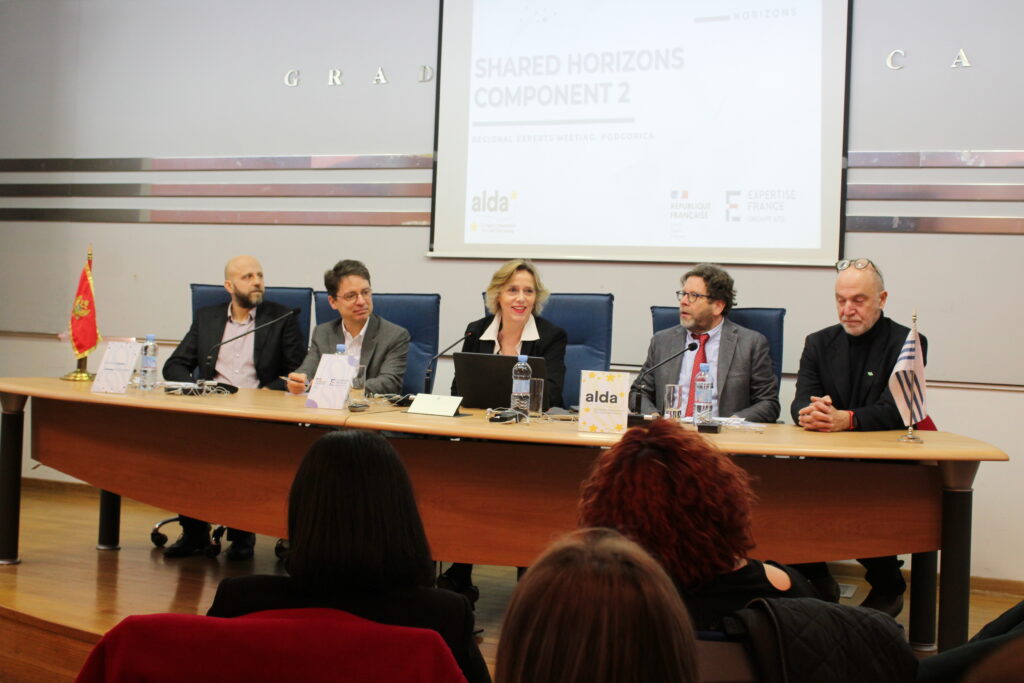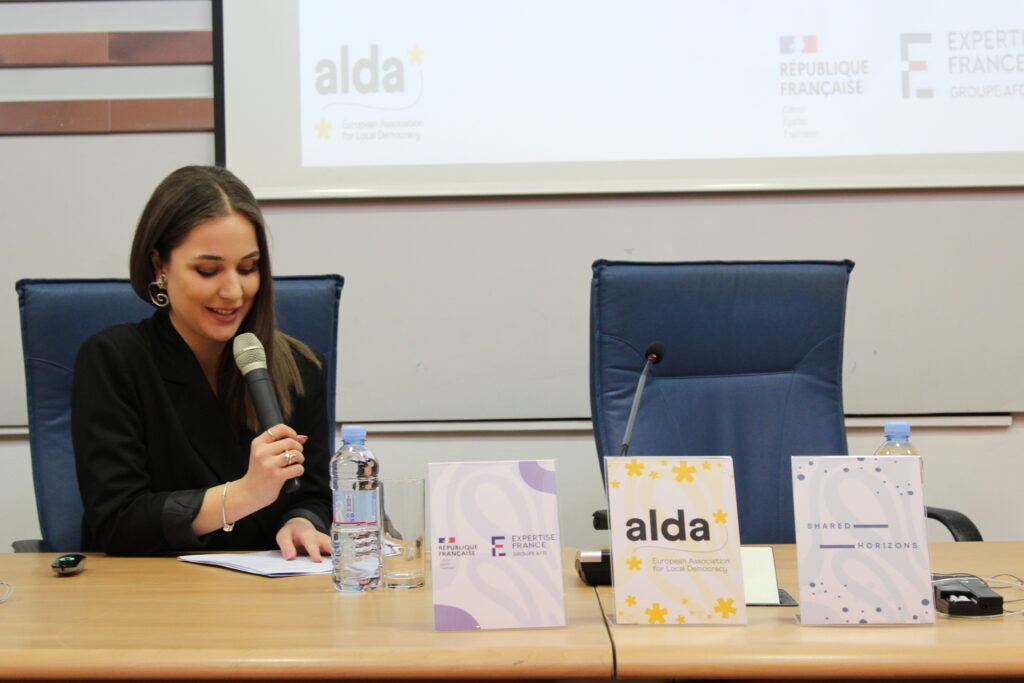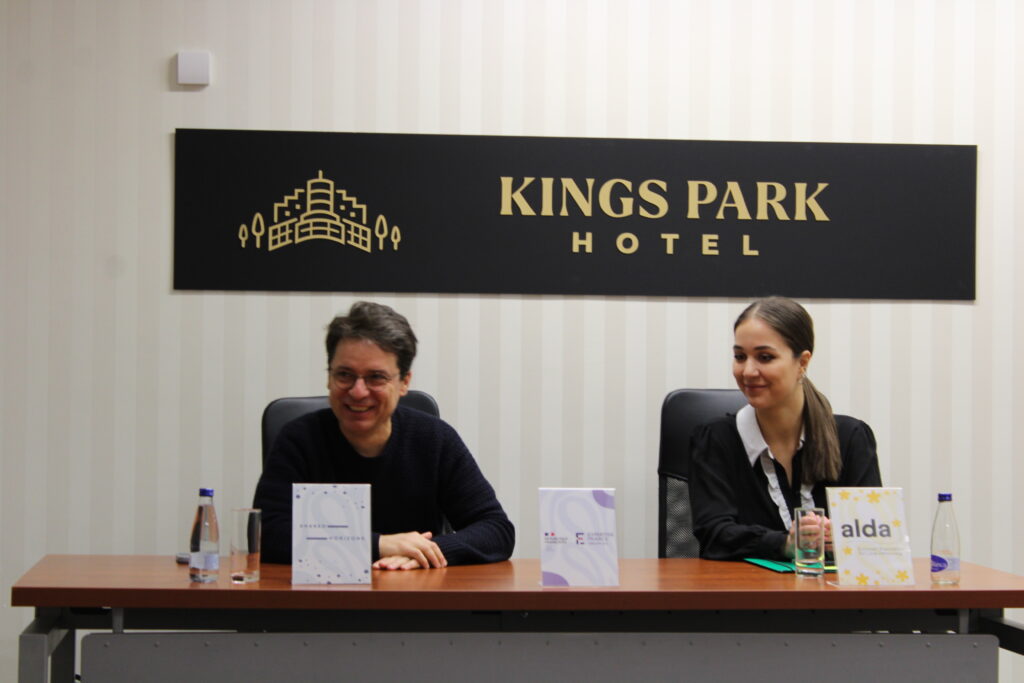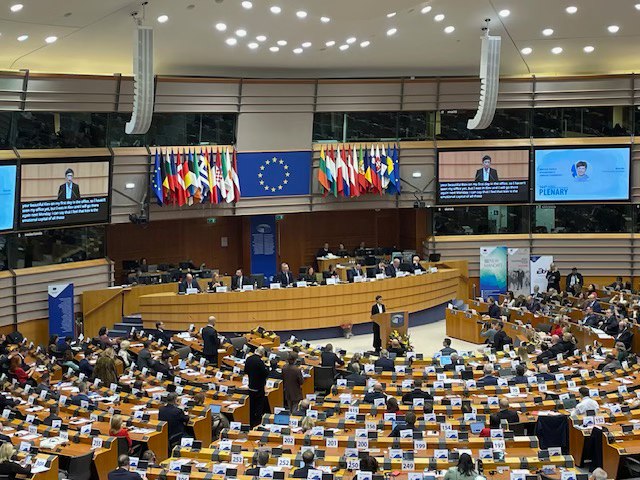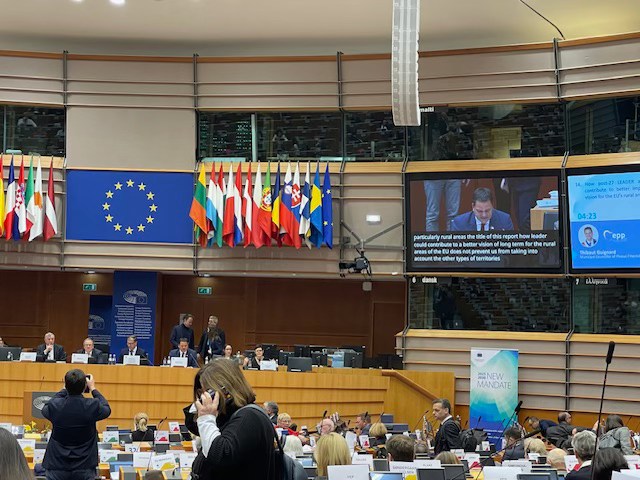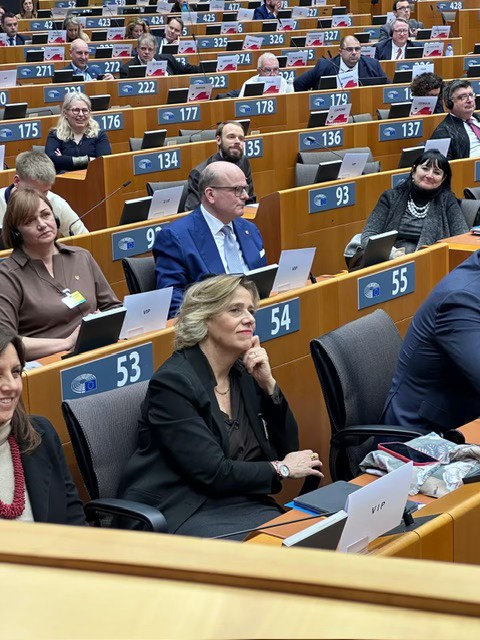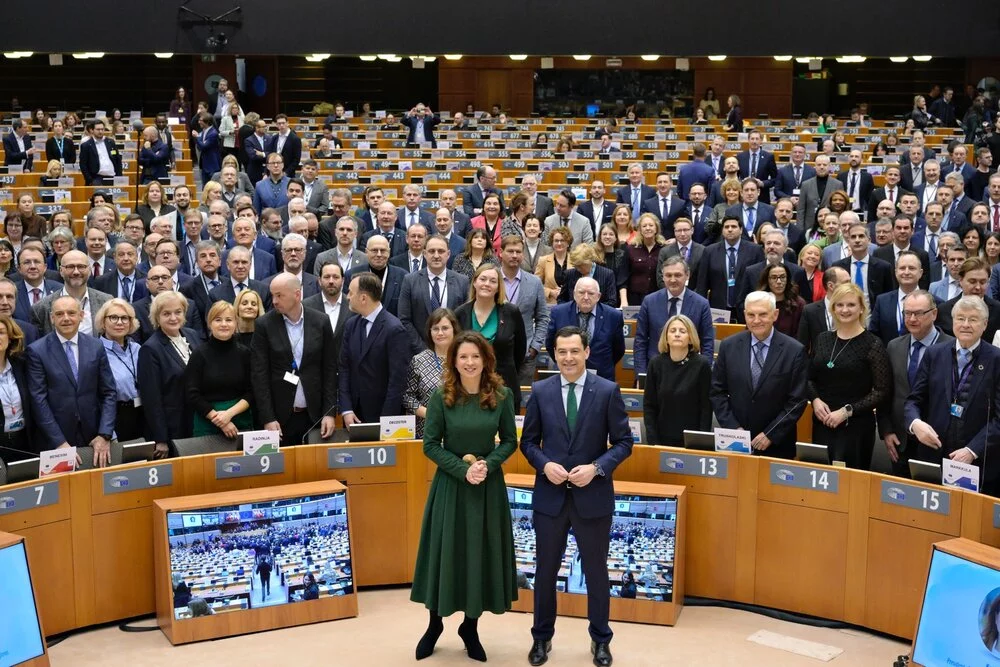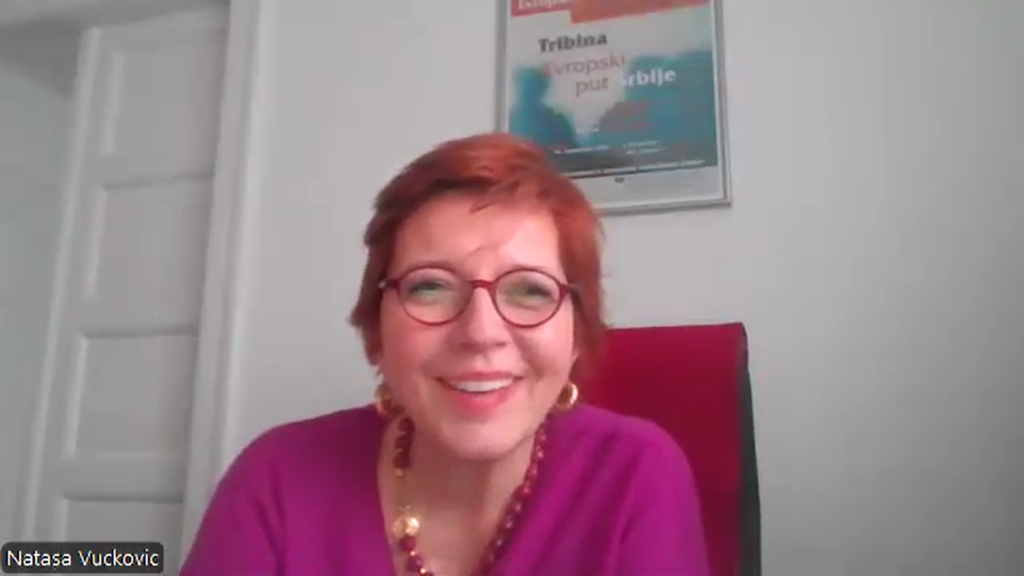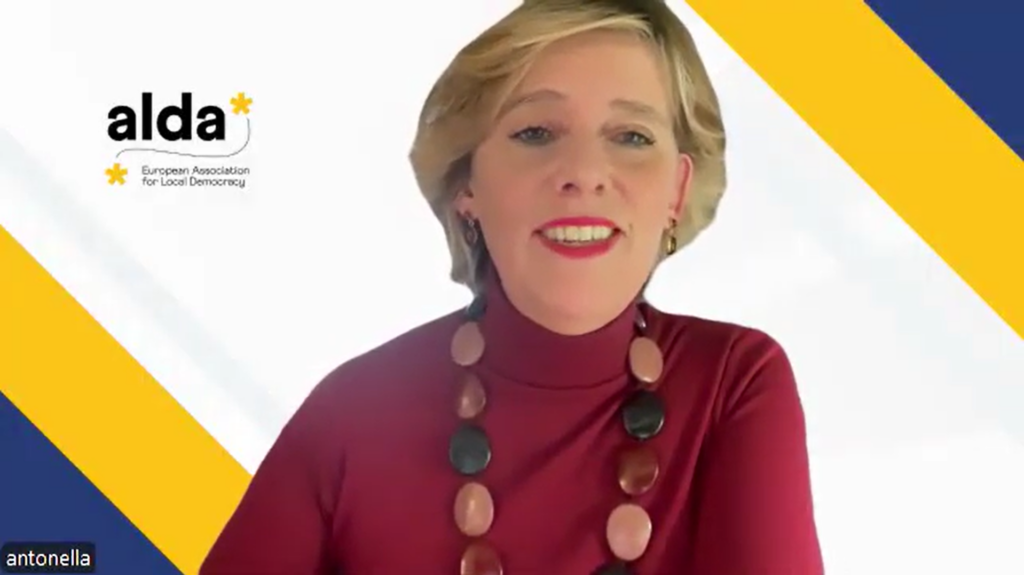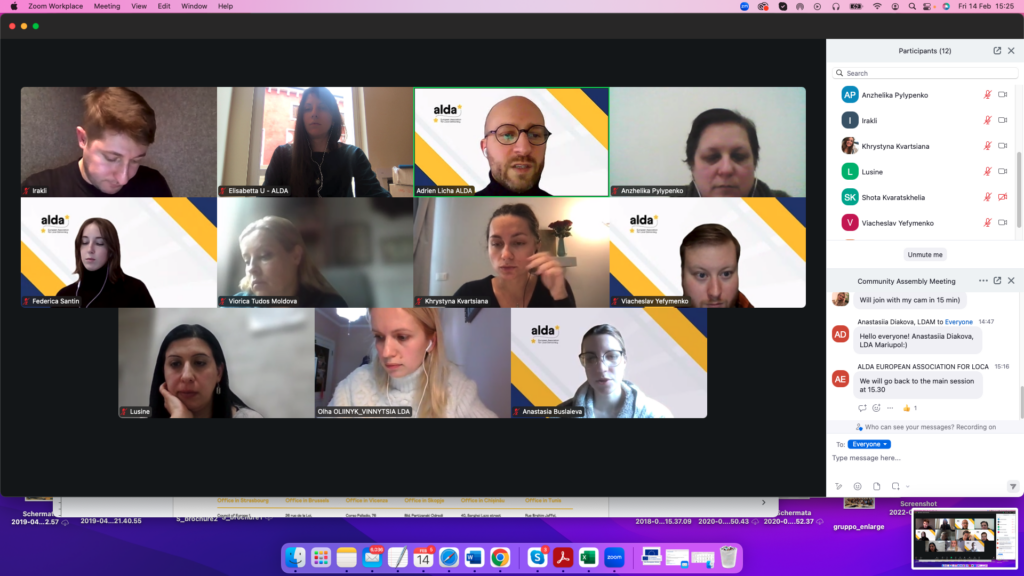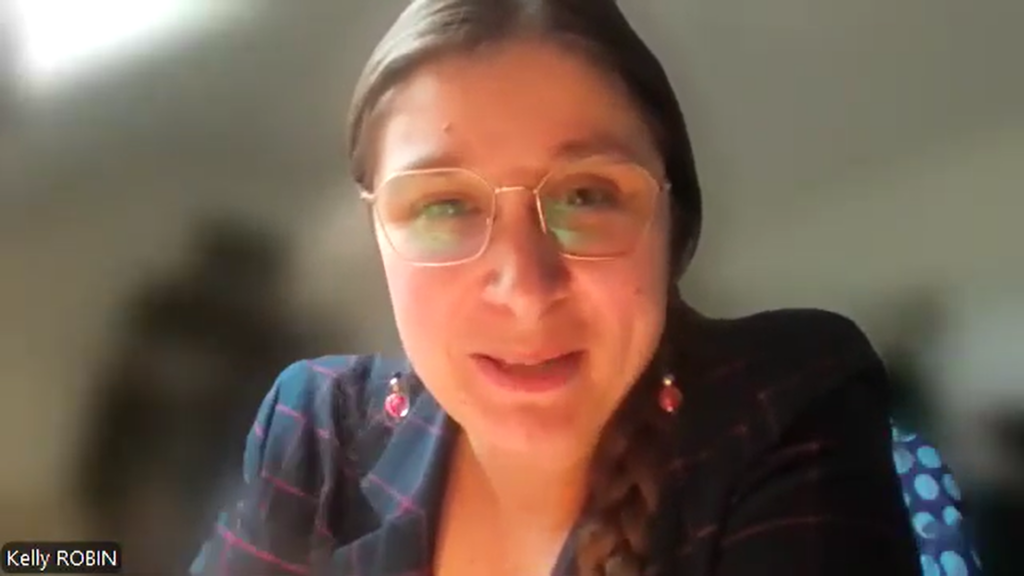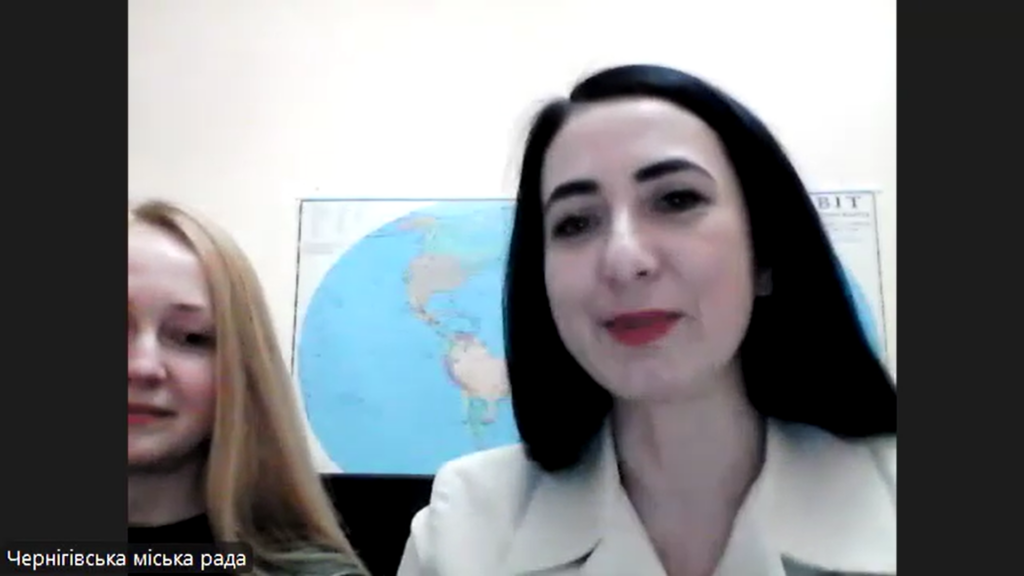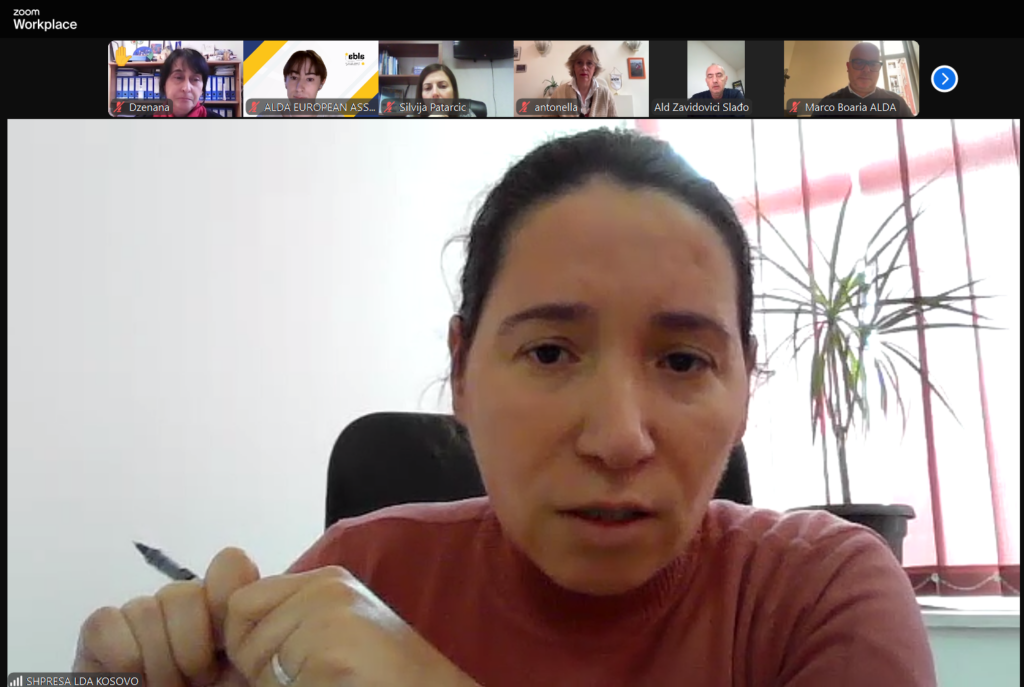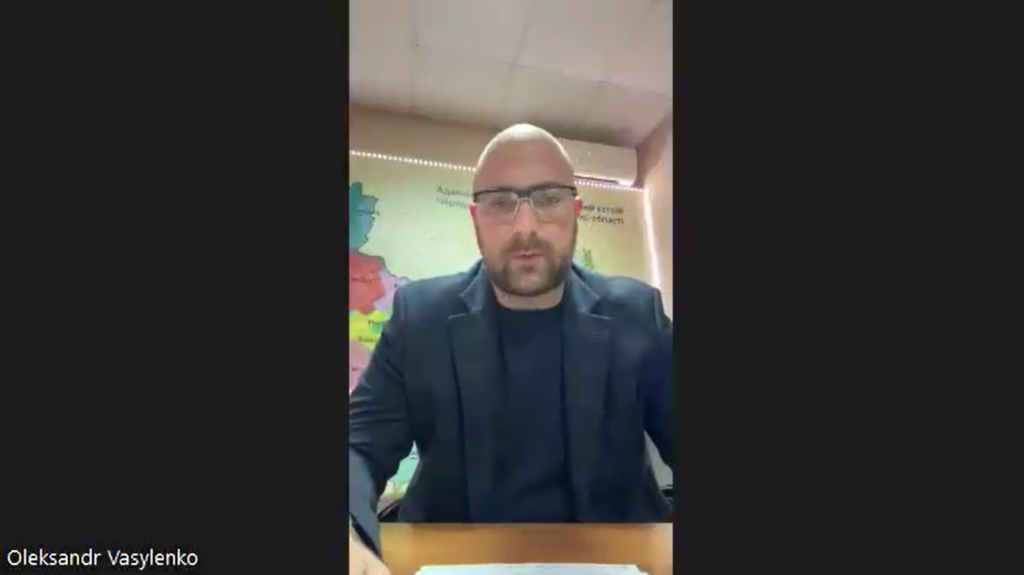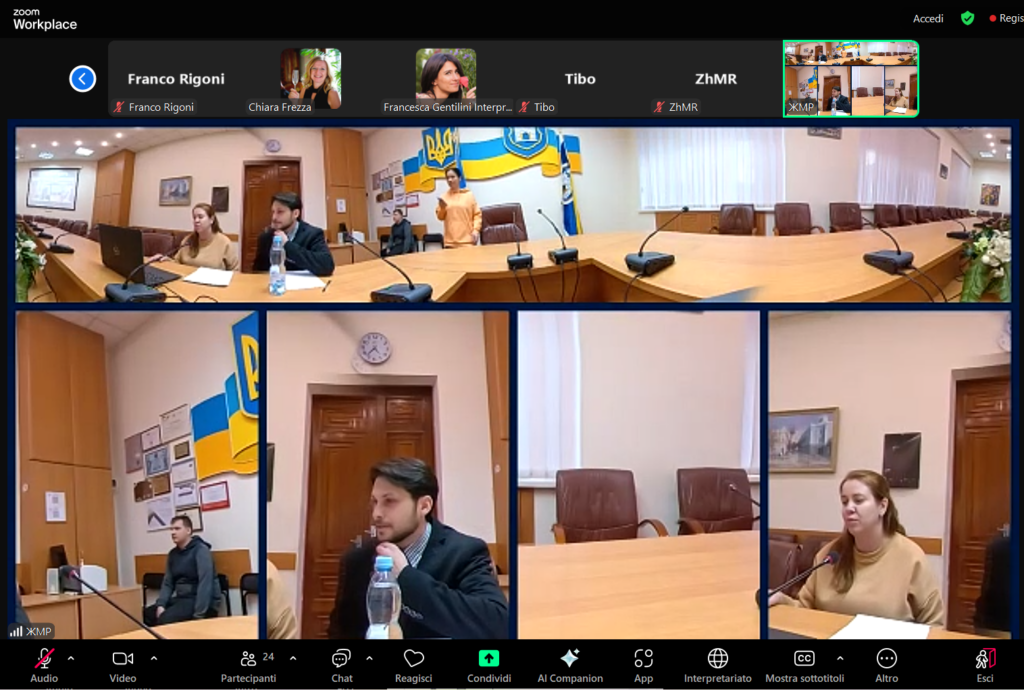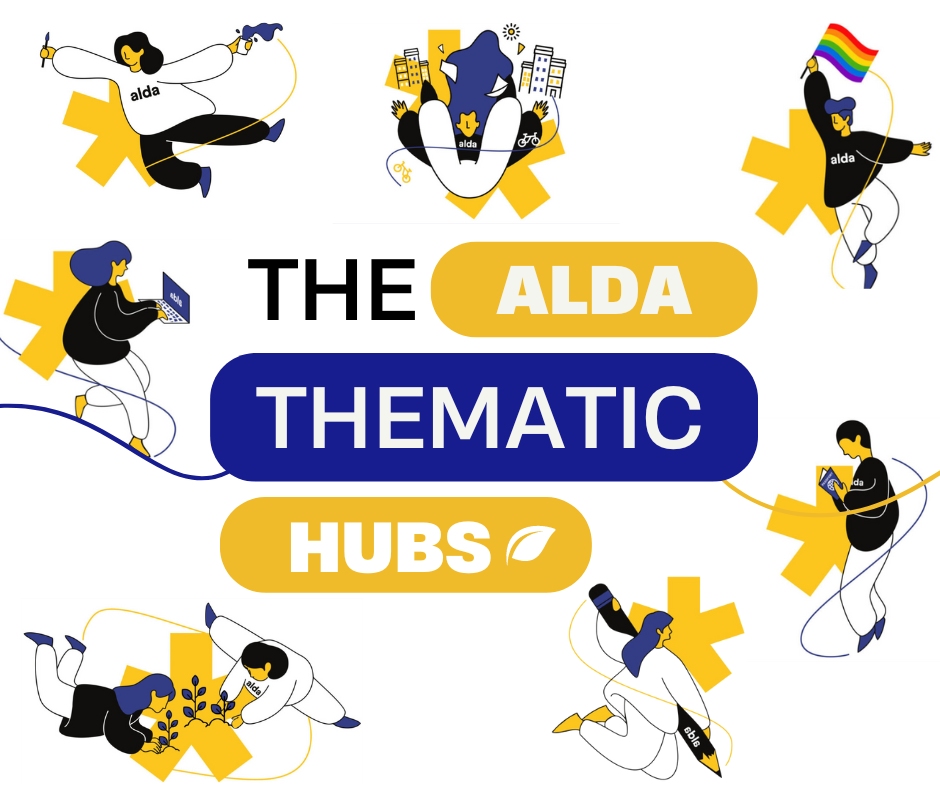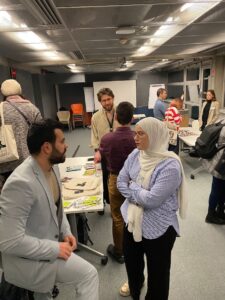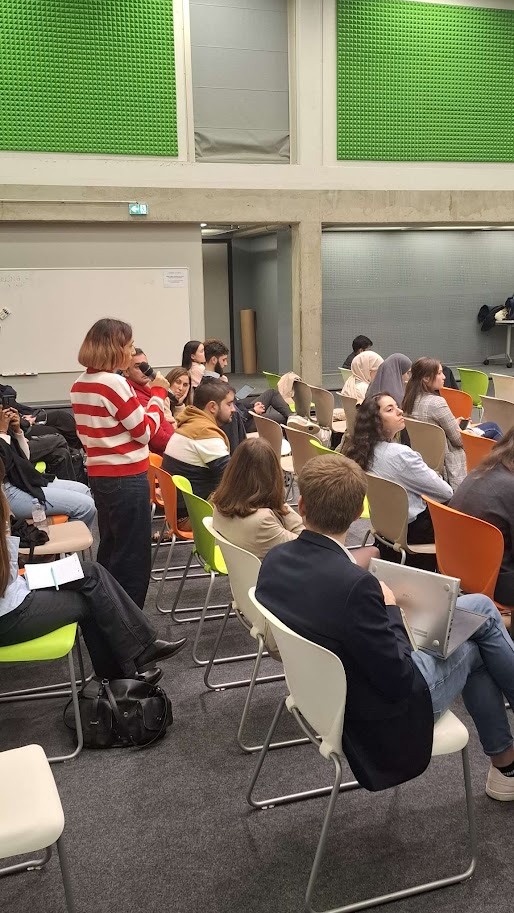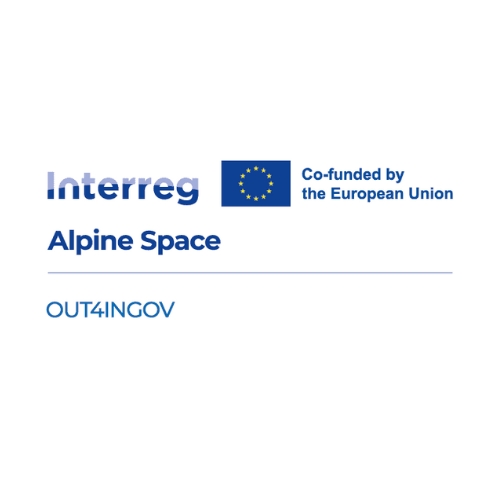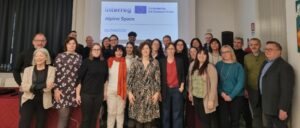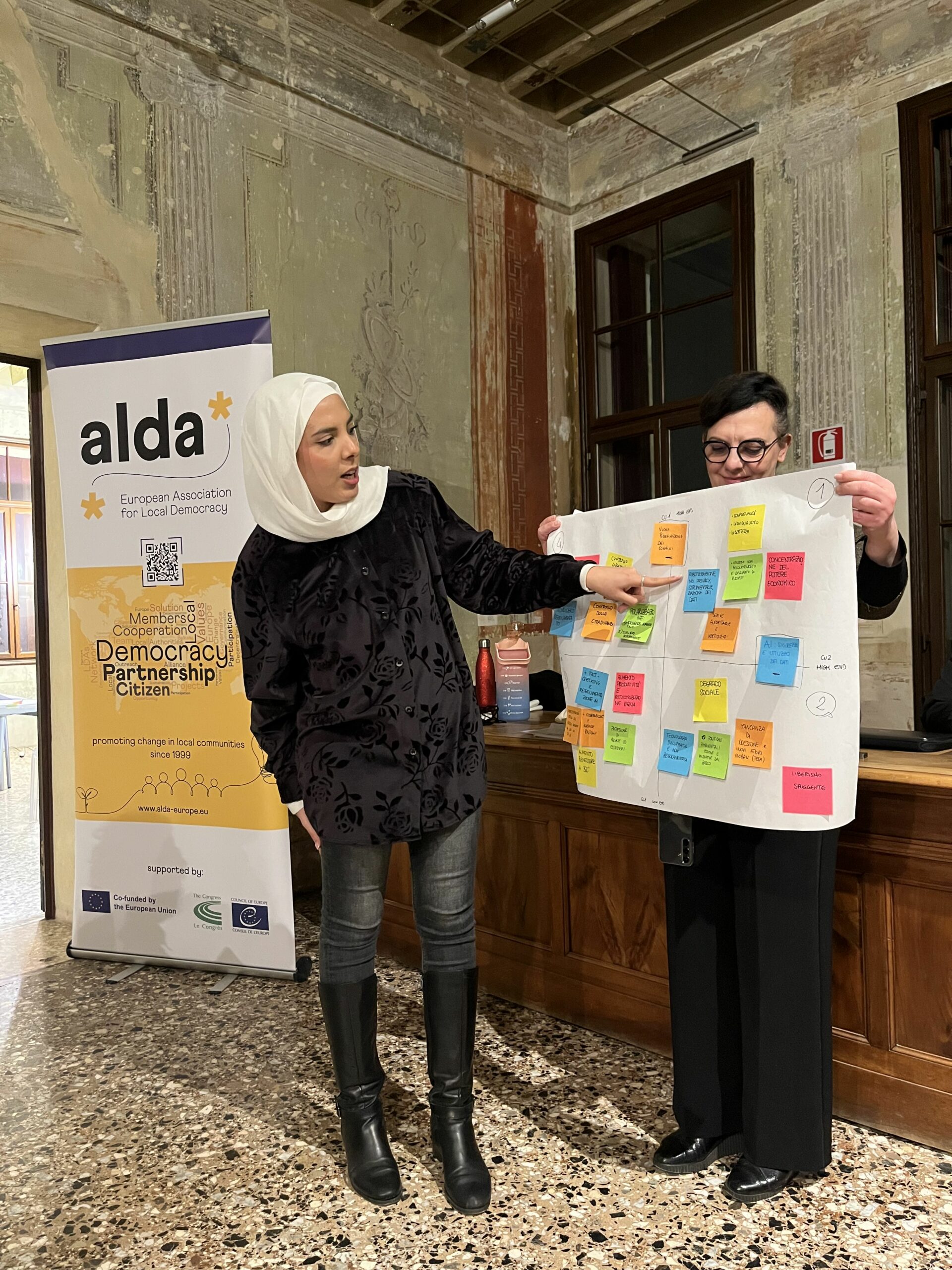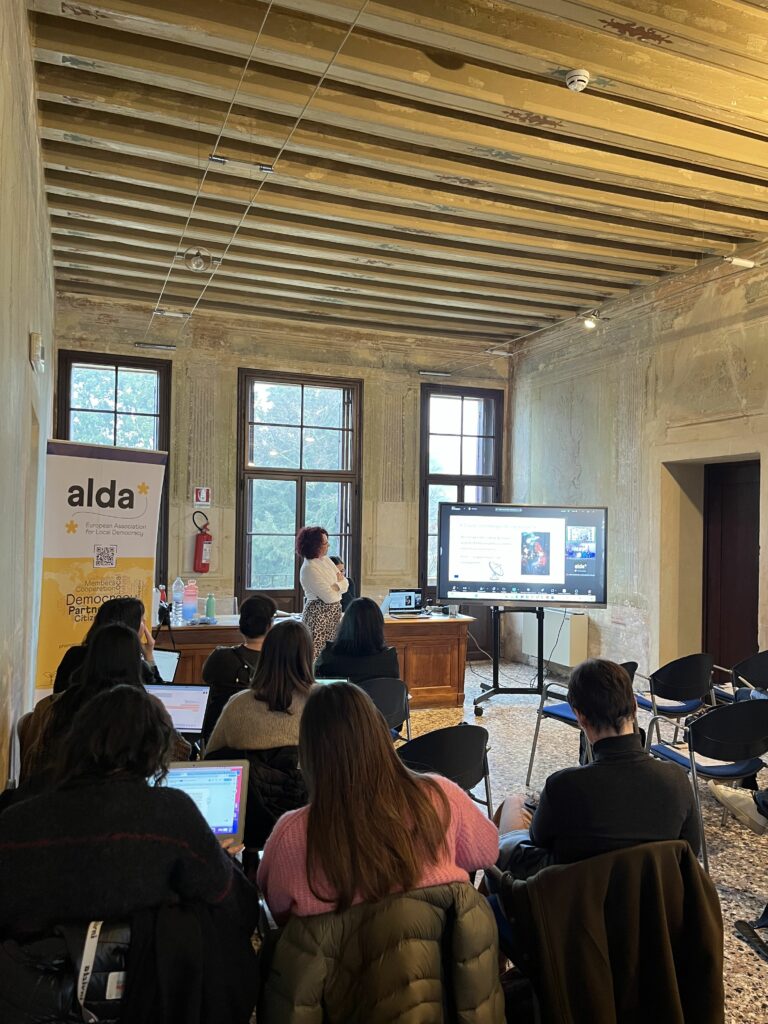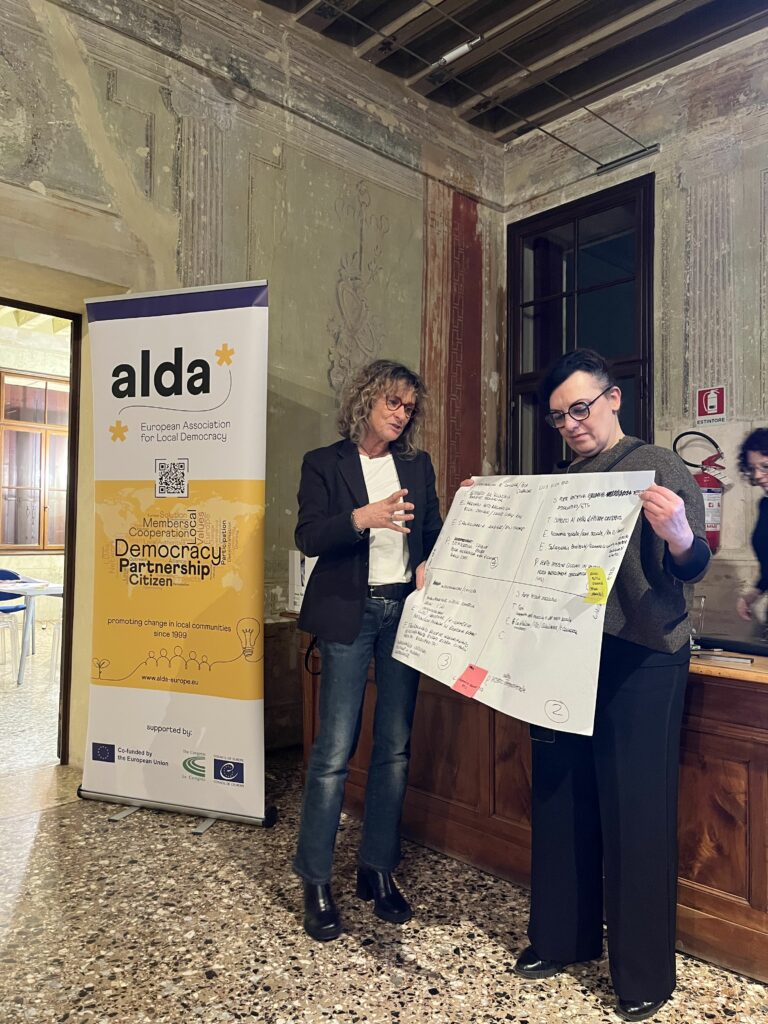On 17 and 18 February 2025, twenty-three participants from over thirteen countries convened in Dar es Salaam, Tanzania, for a two-day event dedicated to youth empowerment in democratic participation across East Africa.
Organised by ALDA and the Kofi Annan Foundation, the event took place under the WYDE Civic Engagement project, a European Commission-funded initiative in partnership with the European Partnership for Democracy. The project aims to strengthen youth involvement in democratic processes at all levels—local, national, regional, and global—while fostering leadership and civic engagement among young changemakers.
The event began with an Outcome Harvesting Meeting, led by Giulia Sostero, Regional Coordinator for Africa, South West Asia, and Türkiye at ALDA. This session provided a space for ALDA sub-grantees to connect, share insights, and discuss the projects they are implementing in their respective countries. The meeting sparked meaningful exchanges and new collaborations, reinforcing the impact of youth-led initiatives. From the outset, participants’ energy and enthusiasm set a vibrant tone, demonstrating their dedication to driving change in their communities.
On 18 February, ALDA’s WYDE Civic Engagement sub-grantees engaged with the WYDE Accountability Hubs, led by the Kofi Annan Foundation. This interactive conference provided a valuable opportunity for participants to present their projects, exchange best practices, and explore collaboration opportunities, ultimately strengthening their efforts in advancing youth participation in governance.
During the conference, some of the first cluster sub-grantees, led by ALDA in collaboration with People in Need and ElBarlament, had the opportunity to present their projects and showcase their impact.
Country-Specific Initiatives: Driving Youth Engagement Across Africa
Youth participation and involvement in Democratic Processes – Tanzania
Young people in Tanzania face significant obstacles to political participation, including limited civic education, weak legal frameworks, mistrust in democracy, and resource constraints. Many feel excluded from decision-making, viewing politics as distant or inaccessible.
A new initiative, led by the subgrantee Action for Democratic Governance, is working to bridge this gap by promoting civic and voter education through community-based activities and digital tools ahead of the 2025 elections. By equipping young Tanzanians with knowledge and skills, the project aims to empower them to take an active role in shaping their country’s democratic future.
Accessible Democracy Initiative – Tanzania
Youth with hearing impairments often face exclusion from political discussions due to limited access to information in sign language and a lack of awareness about their voting rights. The Accessible Democracy Initiative seeks to change this by providing sign language-interpreted civic education, accessible electoral materials, and leadership training. Through policy advocacy, digital tools, and inclusive debates, this initiative, led by the Deaf and Sustenance Development Organisation, is ensuring that deaf youth can fully engage in democratic processes, fostering a more inclusive political landscape.
Enhancing Youth Representation in Governance – Tanzania
Despite their significant demographic presence, Tanzanian youth remain underrepresented in decision-making, with only 23% contesting local council positions in 2020. The lack of youth councils and clear regulatory framework further limits their ability to influence governance. This initiative, led by Mydia Tz, works to strengthen youth councils, promote inclusive governance, and foster collaboration between young leaders, government institutions, and civil society. By increasing awareness, representation, and engagement, the project ensures youth voices contribute to shaping national policies.
Youth Voice in Spaces Project – Kenya
In Kisumu County, youth are often excluded from policymaking, engaged only at the final stages of implementation. Limited awareness, exclusion of marginalised groups, and funding challenges further restrict their influence. This initiative, led by Youth Lead Africa, aims to bridge this gap by promoting early youth engagement in policy formulation, fostering inclusive representation, and leveraging digital advocacy to strengthen their role in governance.
Amplifying Youth Voices for Good Governance and Social Accountability – Kenya
Women, youth, and persons with disabilities frequently face systemic exclusion from decision-making. The Ugunja Youth Parliament Initiative provides a platform for advocacy and social accountability, empowering young people to influence policy, demand accountability, and improve resource allocation. The initiative works to expand democratic spaces, foster cross-border exchanges, and support youth-led innovations, creating a more inclusive governance system.
Our Space Project – Uganda
This initiative seeks to empower youth in slums across Uganda, Kenya, and Zambia by increasing their participation in public decision-making through regional accountability mechanisms. It addresses key challenges such as limited civic engagement spaces, poor coordination among youth groups, and lack of knowledge on electoral laws. The project, led by Hope 4 Life Uganda, promotes community dialogues, mentorship programs, and online campaigns to drive youth civic participation.
Increasing youth participation in Uganda’s decision-making – Uganda
The project, led by PBC, aims to increase youth participation in Uganda’s decision-making, addressing their exclusion despite making up 75% of the population. Through training, networks, and educational platforms, it seeks to empower young people and challenge negative stereotypes. Key actions include youth engagement platforms, policy involvement, localised information, support for youth-led initiatives, and democracy education in schools.
Youth for Democracy and Civic Engagement – Uganda
The challenge in Luweero and Mpigi is low youth participation in democracy, driven by lack of civic education, political intimidation, and limited awareness. Many young people abstain from voting due to fear, disinterest, or lack of knowledge, weakening their influence on policies affecting their future.
The project, led by the KYSO Organisation, seeks to empower youth through civic education, leadership training, legal support, and digital engagement, fostering greater political inclusion and stronger youth leadership.
Unleashing Youth Voices in Civic Engagement – South Sudan
In South Sudan, where youth make up 70-75% of the population, their exclusion from governance remains a pressing issue. Many face economic hardships, political manipulation, and limited civic education, preventing them from engaging in democratic processes.
The Empowering the Youth of South Sudan project, led by Voice for Change, provides training in civic engagement, leadership, human rights, and communication. It also promotes public awareness, economic empowerment, and safe spaces for participation, ensuring that youth voices are heard as the country prepares for its first democratic election since separation.
Strengthening Youth Advocacy and Institutional Reform – Ethiopia
The Voices United for Change initiative, led by UNA-ET, tackles limited access to decision-making platforms, weak institutional capacity, and tokenistic youth representation. By enhancing the capacity of youth civil society organisations (CSOs), providing mentorship, and advocating for policy reforms, the project promotes institutional change and more engagement opportunities for young people.
Action 35: Strengthening Democracy in Southern Africa – Zimbabwe
Youth disillusionment with governance in Southern Africa has led to widespread political apathy, fueled by perceptions of corruption and unresponsiveness. The Action 35 project, led by SAYof, aims to counter this disengagement by fostering civic education, mentorship, and advocacy. It provides platforms for dialogue and leadership development, encouraging young people up to 35 years old to take an active role in governance.
As part of the Youth and Women in Democracy Initiative (WYDE) by the European Commission, the WYDE Civic Engagement Project works to enhance youth participation in democratic processes at all levels. By fostering cross-border cooperation, supporting youth-led initiatives, and bridging policy gaps, the project seeks to create a more inclusive, participatory, and representative democracy.
Through initiatives like these, young leaders are not just being included in political processes—they are shaping them.
